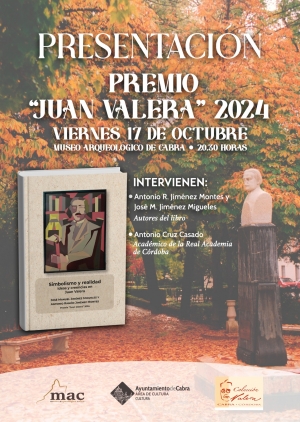|
|
The English Corner: Il Filostrato (Bocaccio)
30.05.11 - Escrito por: Alex García Rosal
 In my intellectual diogenism, I found some years ago this poem, and I wanted to bring it to you today. In my intellectual diogenism, I found some years ago this poem, and I wanted to bring it to you today.
Il Filostrato is a poem by the Italian writer Giovanni Boccaccio, and the inspiration for Geoffrey Chaucer's Troilus and Criseyde and, through Chaucer, the Shakespeare play Troilus and Cressida.
The title, a combination of Greek and Latin words, can be translated approximately as "laid prostrate by love". The poem has a mythological plot: it narrates the love of Troilo (Troilus), a younger son of Priam of Troy, for Criseida (Cressida), daughter of Calcas (Calchas).
The atmosphere of the poem is reminiscent of that of the court of Naples, and the psychology of the characters is portrayed with subtle notes.
Boccaccio also used the name for one of the three men occurring in the character of narrators in The Decameron.
And now, after this harsh introduction, I really want to share with you all one of my favorite, and most beautiful stanzas. It is from the 1st part of the poem. I hope you like them.
From my humble point of view, this is one the most beautiful love declarations ever.
Yes, I know, this is the “gayest” corner, but amphibians also have feelings.
You, Lady, are the beautiful and clear light
in which in this dark world I see
you are the Northern star,
the one I follow to arrive to harbor.
you are all my Good and Joy;
you are Jove for me, you are Apollo,
you are my muse, I´ve tried and know it to be so
You, dear readers, are going to allow me that I do not translate the stanza. I consider it can lose part if its strength. I think that providing the original one in Italian can be best. It can also be understood, though in Italian. You can also make your imagination fly with the translation.
Tu, donna, sè la luce chiara e bella
per cui nel tenebroso mondo accorto
vivo, tu sè la tramontana stella
la quale io seguo per venire a porto;
àncora di salute tu sè quella
che sè tutto `l mio bene e `l mio conforto;
tu mi sè Giove, tu mi sè Apollo,
tu sè mia musa, io l´ho provato e sollo.
Many spring Greetings!
|
|
|
|

|
|

